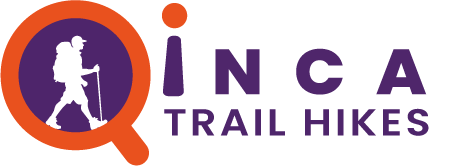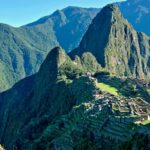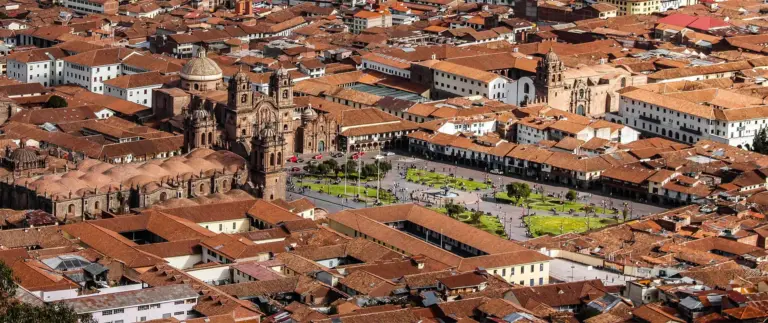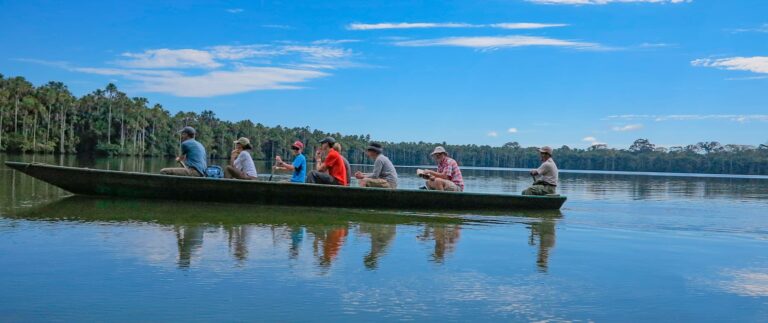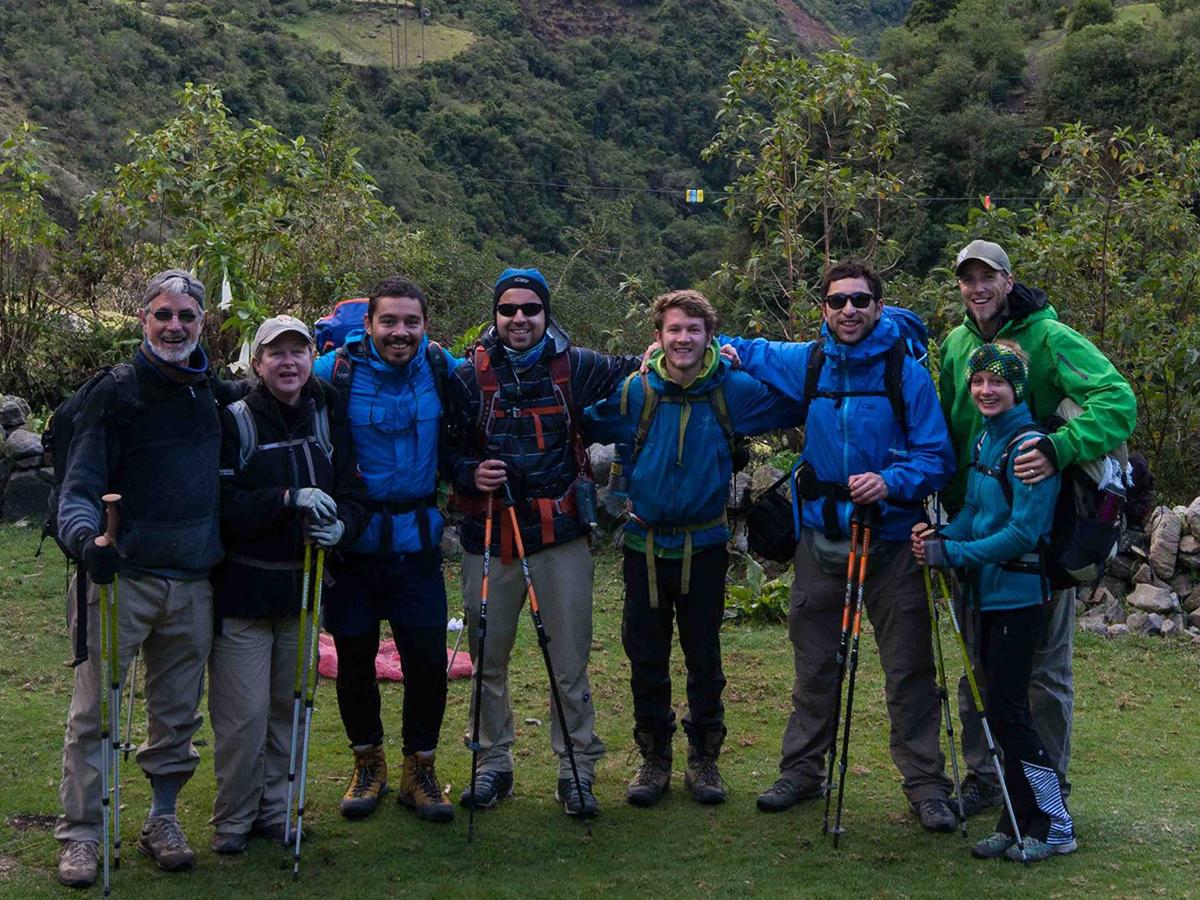
So you are planning to trek the famous Inca Trail or any Alternative Trek to Machu Picchu?
This Machu Picchu Trek Packing List will help you prepare for your outdoor adventure in one of the most amazing regions of South America.
In it we have provided as much detail on every piece of kit you will need for a safe and successful trek to Machu Picchu. The packing list includes personal recommendations on gear that you should bring. We believe these recommended items of gear provide the best value for money and deliver the best performance.
CAN I STORE MY LUGGAGE AT YOUR OFFICE? OF COURSE! We understand that our passengers are concerned about what to do with their extra luggage while on a tour or trek. You can store your extra luggage with us at no cost or with your hotel in Cusco if you are returning to that hotel. We have a safe secure location for storing luggage and we will provide a luggage ticket to our hikers, which identifies their luggage.
Duffle Bag and Backpack for Machu Picchu Trek Packing List
Duffle bag:
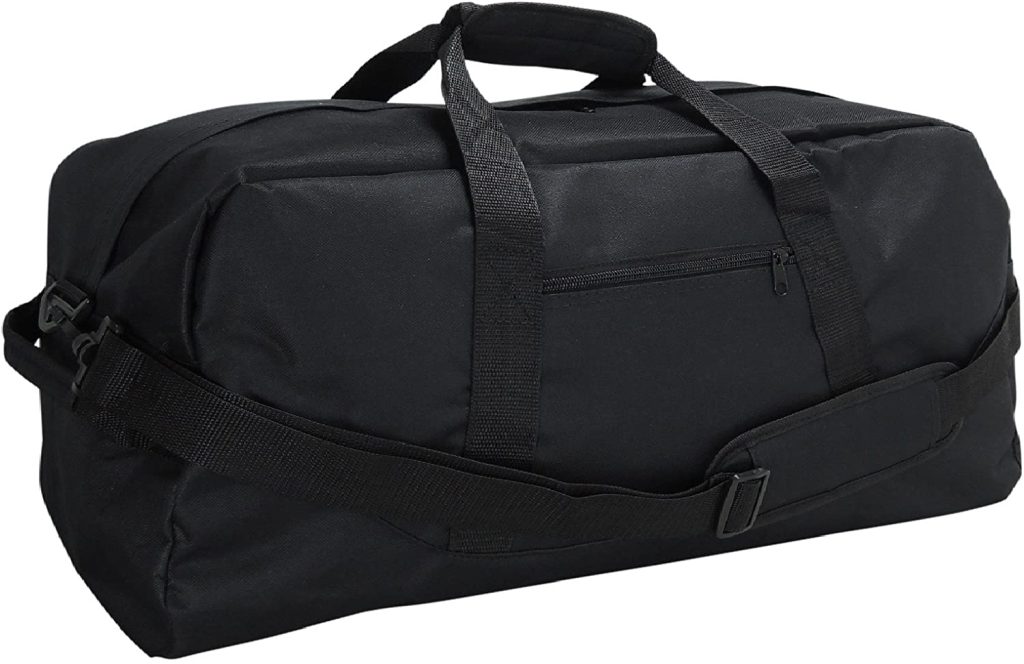
The evening before you start your trek, you will be given a SMALL DUFFLE BAG to pack your clothes for the next four days. Your weight allowance is up to 7 kg/15.4 lbs. Our horseman or porters (depending on which trek you choose) will carry your duffle bag for you together with the food and camping gear. It is important to be aware that you will not have access to your items in the duffle bag until the end of each day as the horsemen and horses or porters will always be ahead of the group. During the trek, you need a day bag big enough to carry your personal belongings such as a warm jacket, raincoat, camera, sunscreen, snacks, water, etc. Usually, 30 liter backpack is enough.
Daypack
If a porter or pack animal is carrying your duffle bag then you will want to have a light weight daypack to carry essentials – like snacks, a camera, suncream, personal items (i.e. money, and passport), and a hat.
The best daypacks have compression straps to reduce weight stress on your back and side mesh pockets for quick access to your water bottles.
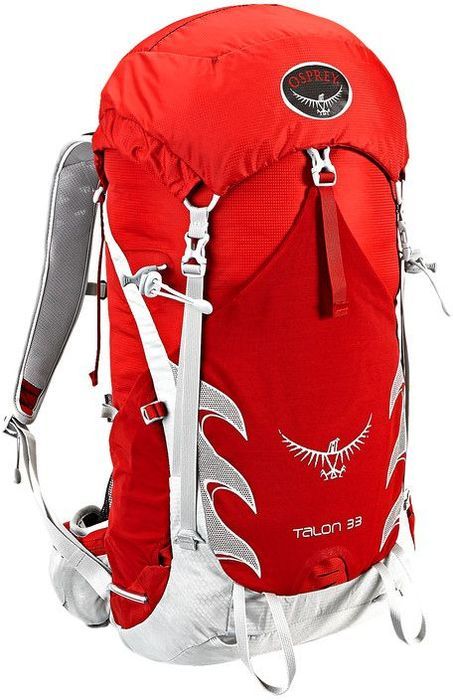
Documents
Original passport
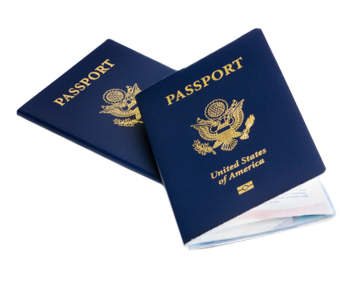
You’ll of course need your passport to get into Peru, but you’ll also need your passport when you start on the Trail. There’s an official government checkpoint at the start of the trail that works to enforce the strict limits on how many hikers can walk the trail per day, and for every hiker from another country to begin a trek, it is necessary that a passport be shown.
Clothing for Machu Picchu Trek Packing List!
Underwear
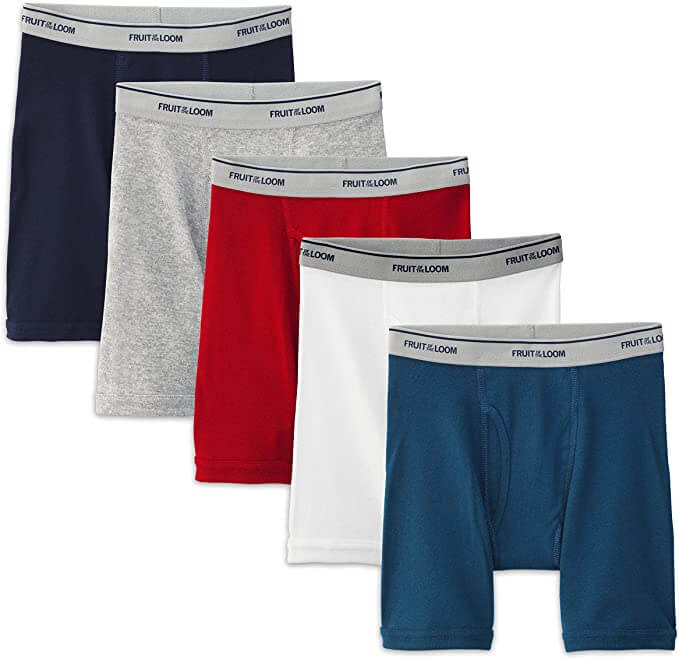
The first and most obvious layer is your underwear. To aid the wicking process it is ideal to bring 4-6 x pairs of breathable sports underwear. We are big fans of Icebreaker underwear, Adidas sports underwear, or Under Armour underwear, as these brands specifically focus on manufacturing products that can cope with sweat from high intensity sports.
Base layer
The base layer, or what is often referred to as the next to skin or first layer is very important in the higher reaches of the Machu Picchu Trek.
The best first layers fit snugly to the skin (reducing air pockets and flow) and consist of high wicking materials to facilitate moisture transfer.
We recommend getting 2x top and 1x bottom base layers.
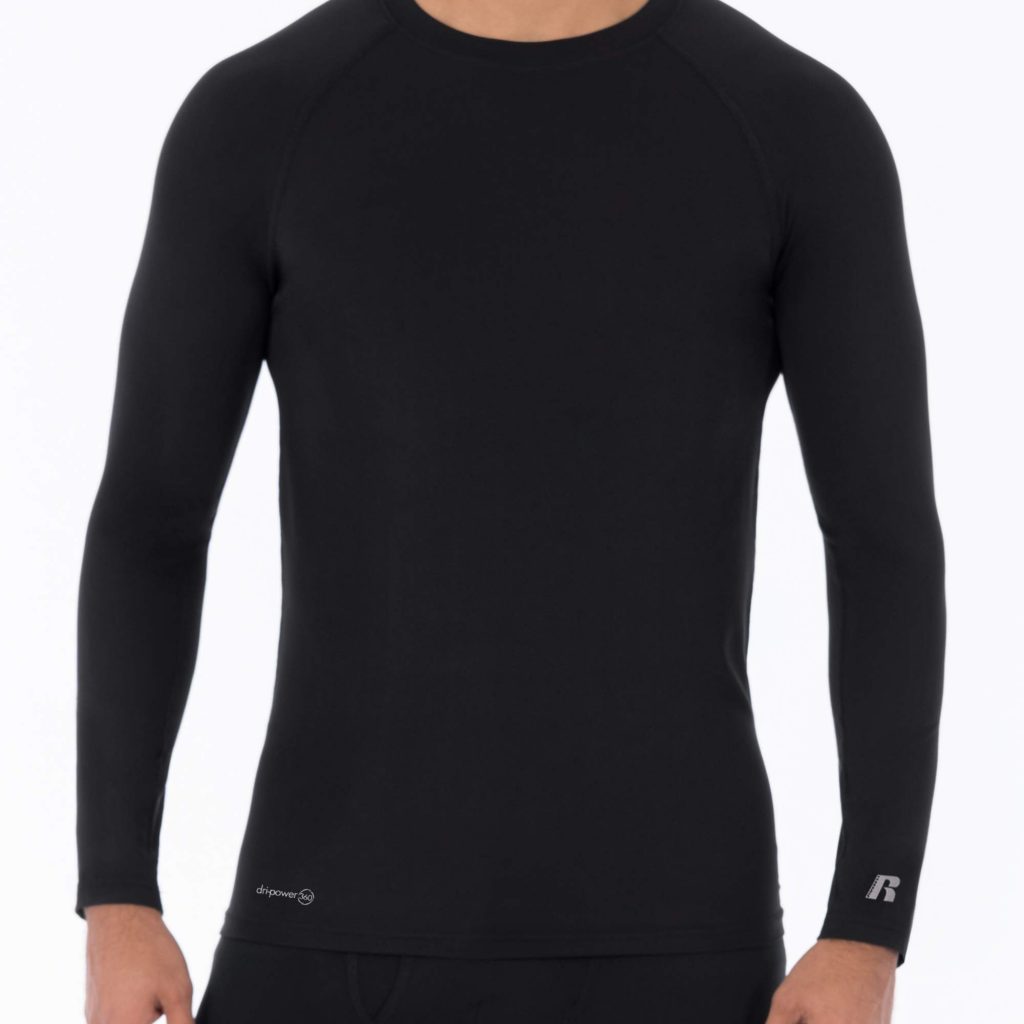
Trekking shirts
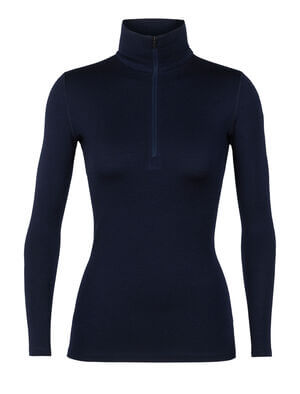
You will need to bring 4-7 trekking shirts (a choice if you are doing the shorter or longer Salkantay Trek). These are breathable and lightweight shirts from Hanes. Alternatively, shirts from Icebreaker or Columbia are good. Do not bring cotton shirts as these absorb moisture. A mixture of short and long sleeve shirts is recommended.
Trekking shorts and trousers
You will also need to pack hiking shorts and trousers. There are many brands to choose from but we recommend Craghoppers, Columbia or O’Neills. You may even want to go with convertible trousers like these trekking trousers designed by Craghoppers. Not only will they save you money as you won’t need to buy shorts, but they are also very comfortable.
Bring two pairs of trousers and 1x pair of shorts.
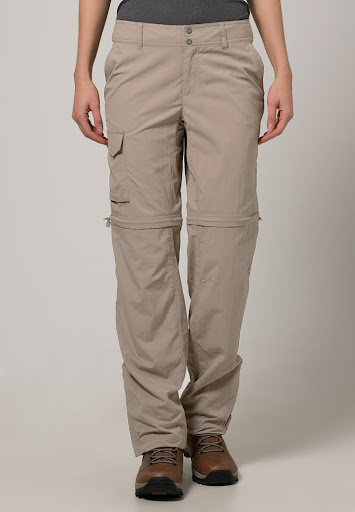
Fleece jacket
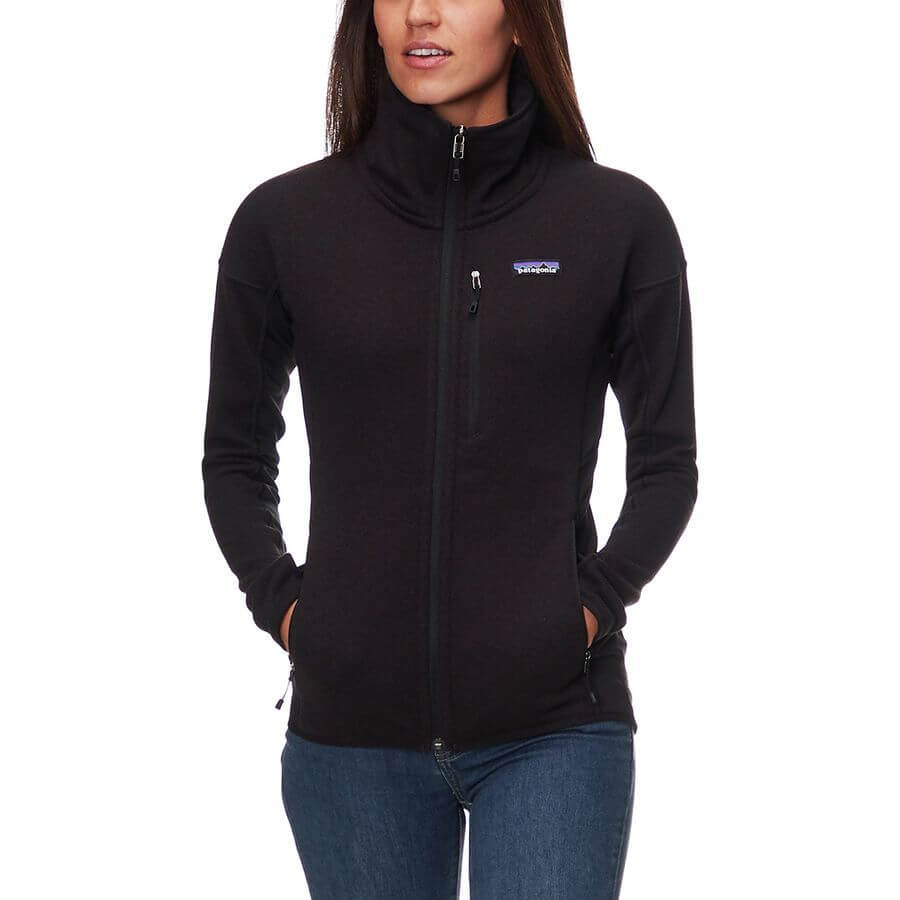
The second layer, or what we call the insulation layer, should be made from fleece material.
You can get an insulation layer for both the top and bottom, but as you will need to have outer layer shell trousers (see below), we believe the insulation layer for your legs is unnecessary.
For your torso’s second layer though we recommend a Polartec 200 Fleece Jacket. These insulation jackets are very good for hiking in as they provide a great warmth to weight ratio whilst allowing effective moisture transfer. The Polartec 100s are lighter but not warm enough for the Machu Picchu Trek, whereas the Polartec 300s are too heavy, in our opinion.
Recommended fleece brands included Helly Hansen, The North Face, and Patagonia.
Insulated jacket
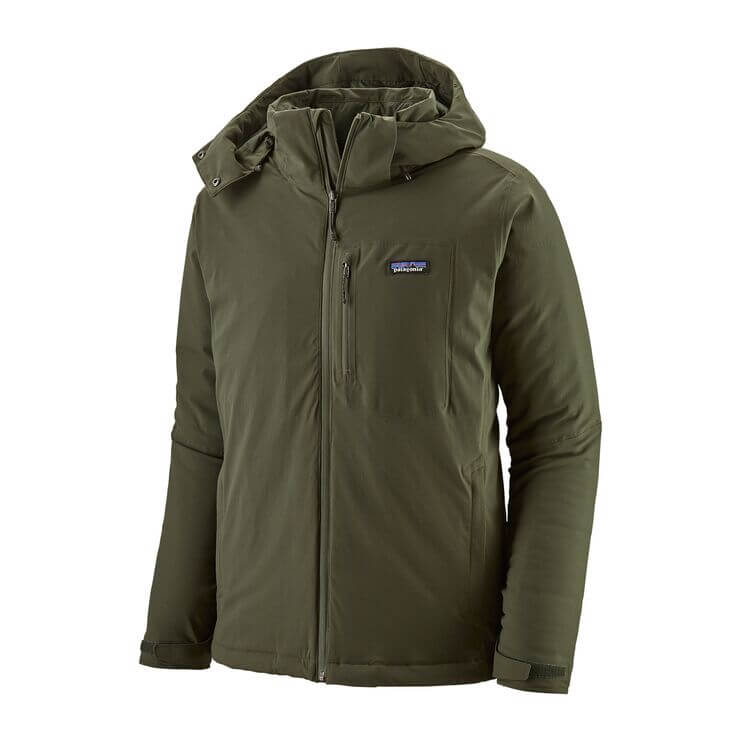
The outer core layer, or third layer, consists of a windproof, waterproof and most importantly warm jacket and trousers. These will be used on the upper reaches of the Machu Picchu Trek.
We highly recommend getting a good quality jacket as it is one of the few key items that will ensure your warmth and comfort. We recommend the North Face Nuptse Jacket which is a market-leading winter jacket, but there are many synthetic alternatives that are also effective. In terms of the Nuptse, the warmth and weight characteristics are exceptional. The Nuptse is a lifetime investment as the jacket will last years of active trekking and double well as a winter jacket in the city. Other good jacket brands include Patagonia Down Jacket, Arc’Teryx Atom, and Mountain Hardwear Down Jackets.
Hard shell jacket and rain gear
Encountering rain is always a possibility when trekking, particularly during the rainy season (October-March). You should bring a hard-shell jacket, like the North Face Resolve Jacket.
It is also worth taking a compact poncho rain suit that can quickly be put on should you encounter rain.
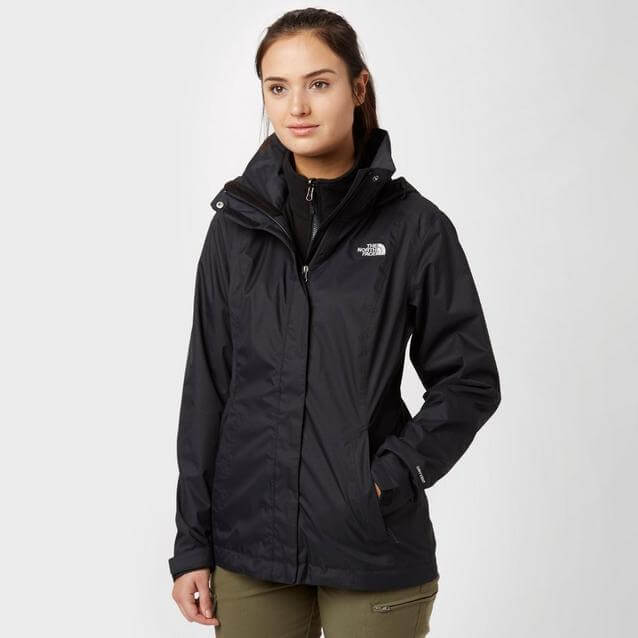
Headgear
Hat for sun protection
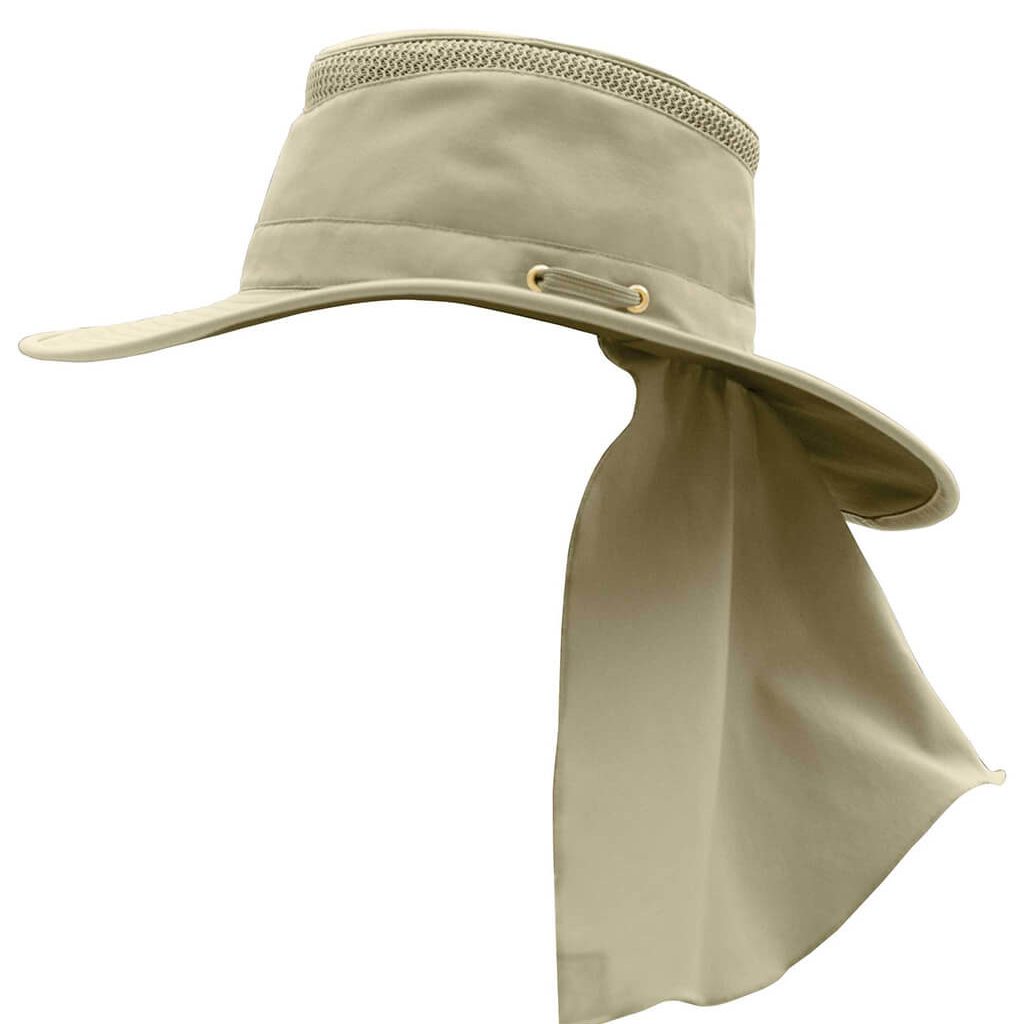
You need to bring a hiking hat that provides face and neck sun protection. Your hat should be light and easy to bend/fold so that it can fit into your daypack or rucksack. Trekking hats with a neck cover are very good. Here are some trekking hats that we recommend.
Headband or beanie
Temperatures can get very cold in the evenings and early mornings, particularly as you reach the higher altitudes on the Machu Picchu trek.
A warm fleeced beanie or fleeced headband are absolute must-haves. Berghaus and The North Face provide good beanies.
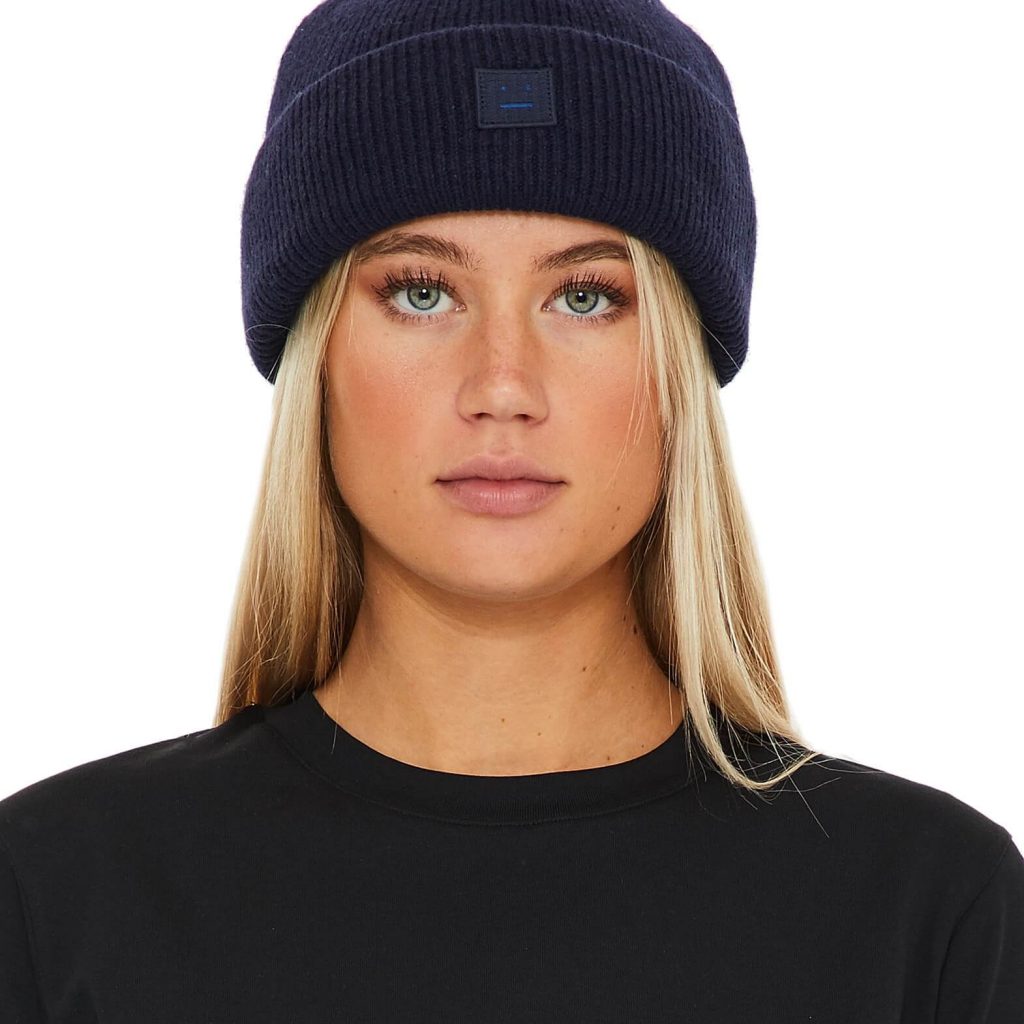
Neck gaiter or balaclava
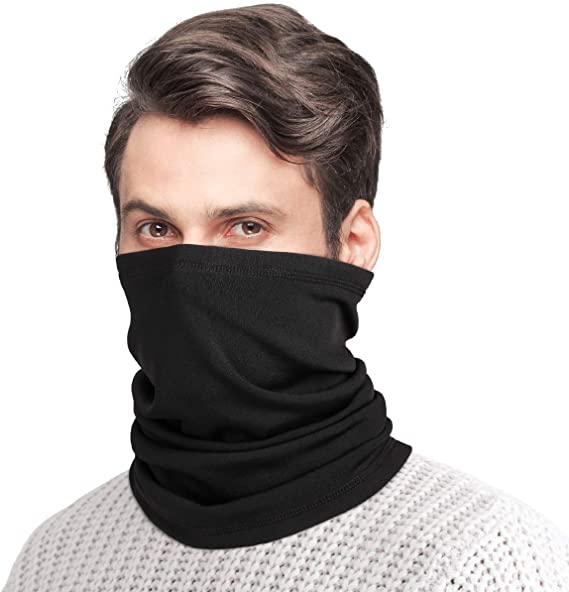
A neckband or balaclava that can keep your neck and face warm when temperatures drop below freezing is also a must-have.
We highly recommend taking 1x fleeced Buff and 1x thin buff.
Buffs are super versatile and can be used as headbands, beanies, neck gaiters, and wristbands, as demonstrated adjacent.
Hands
Inner gloves
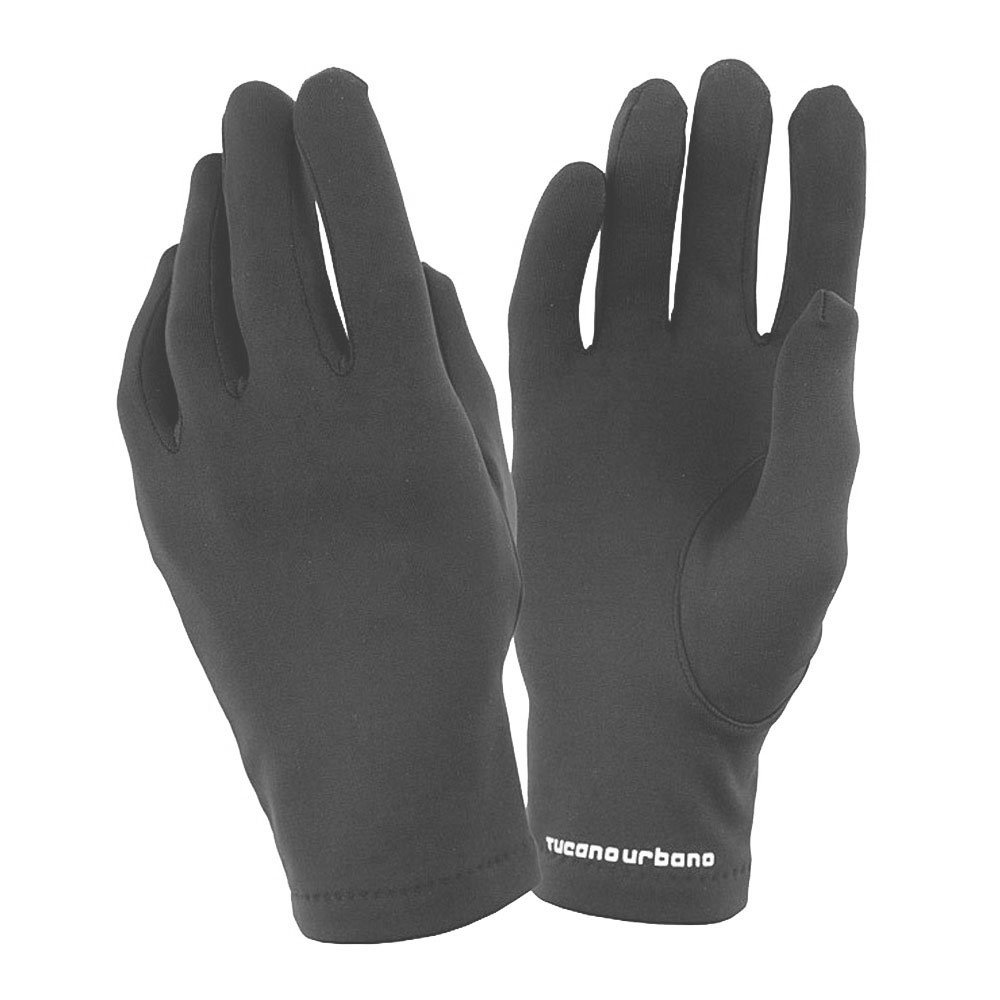
An inner glove acts as your next-to-skin layer, like the base layer of clothing we described above. You should bring a lightweight, quick drying inner glove, ideally made from fleece material.
We recommend Pearl Izumi Thermal Lite Gloves which can also be used as standalone gloves when the weather is moderately cold. Karrimor is another good brand.
Outer gloves
Outer gloves are like your outer layer jacket – they act as a shield from the cold and therefore need to be very warm, waterproof, and durable. Gore-Tex gloves from Dakine or similar options from The North Face, Outdoor Research, or Black Diamond are recommended.
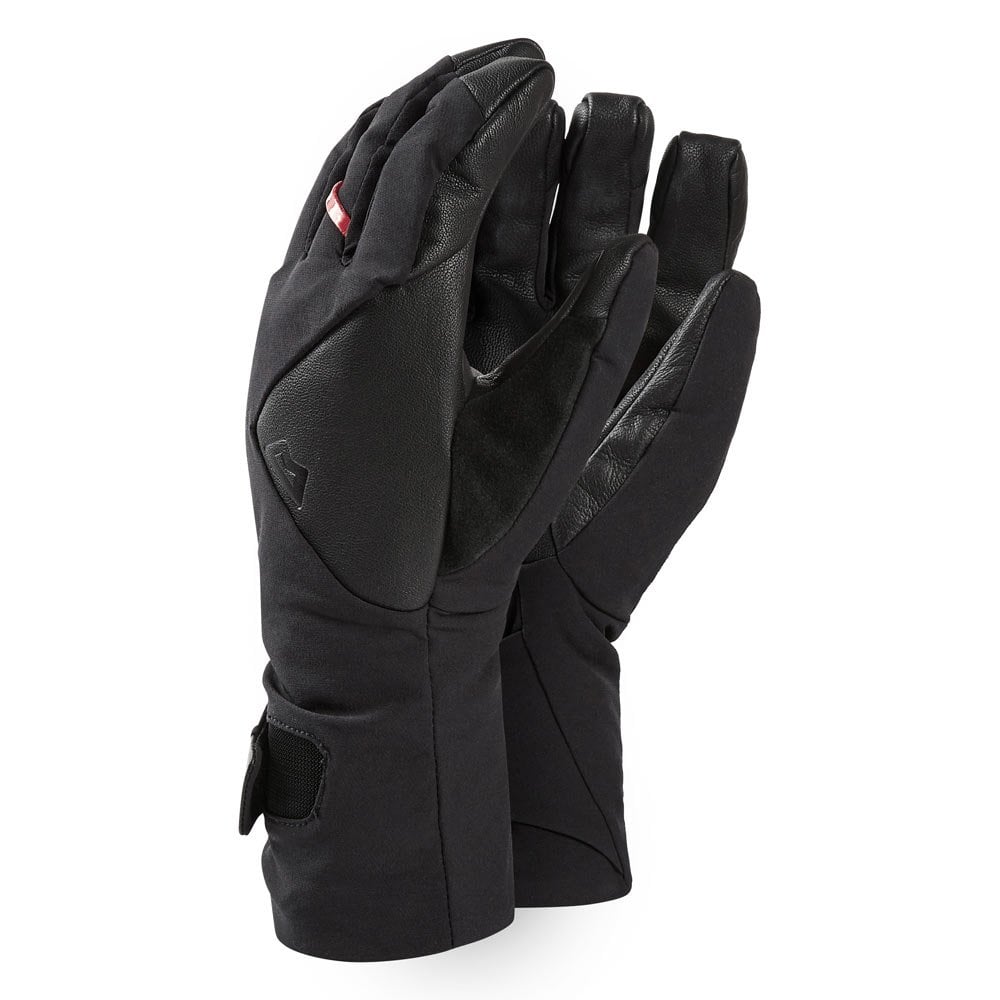
Footwear
Footwear is incredibly important as your feet are what get you from A to B. Having comfortable footwear will make your trek far more enjoyable as no one wants to be plagued with foot pain or blisters.
Make sure you properly break in your boots before trekking the Inca Trail Trek. This means doing at least 2-3 long-distance hikes (5-6 hours) in your new boots before arriving in Perú.
To help you on your way we have listed the 5 pieces of footwear you should bring with you on your Machu Picchu trek.
Hiking boots
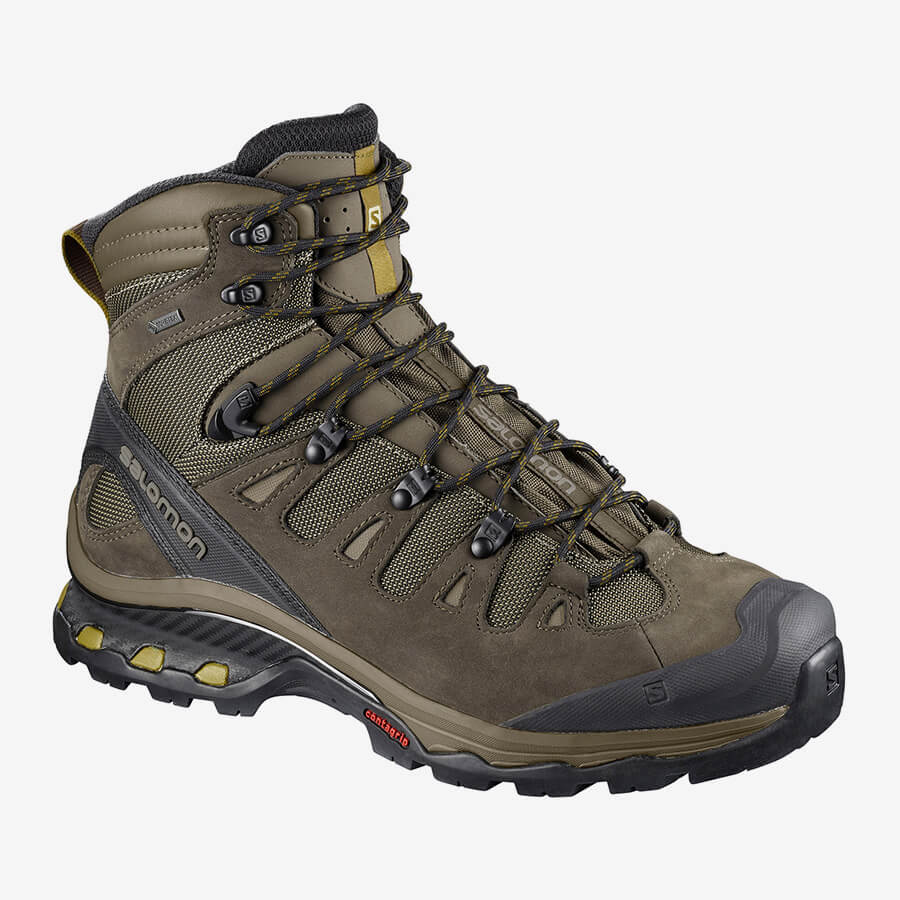
Good hiking boots are the most important piece of gear on your trek
Badly fitting hiking boots will result in lost nails, painful blisters, and sore feet. The best fit can be tested by putting your foot in a boot without tying the shoelaces. Once in slide your foot all the way forward until the toes hit the front of the boot. You should be able to put your index finger down the back of the boot between your heel. If your finger has lots of room to move then the shoe is too big, if you struggle to get your index finger into the boot then the shoe is too small!
Here are some recommended and reliable brands: Scarpa, Salomon – we like the Quest range, Berghaus – we like the Explorer range, Hi-Tec and Karrimor.
Trainers (trekking shoes/sandals)
After a long day of hiking the first thing you are going to want to do is change into a comfortable pair of shoes. We recommend bringing trekking shoes or sandals. Here are some good trekking shoes or trekking sandals that we recommend. We like Merrel trekking shoes. Trekking sandals are great to wear with warm socks.
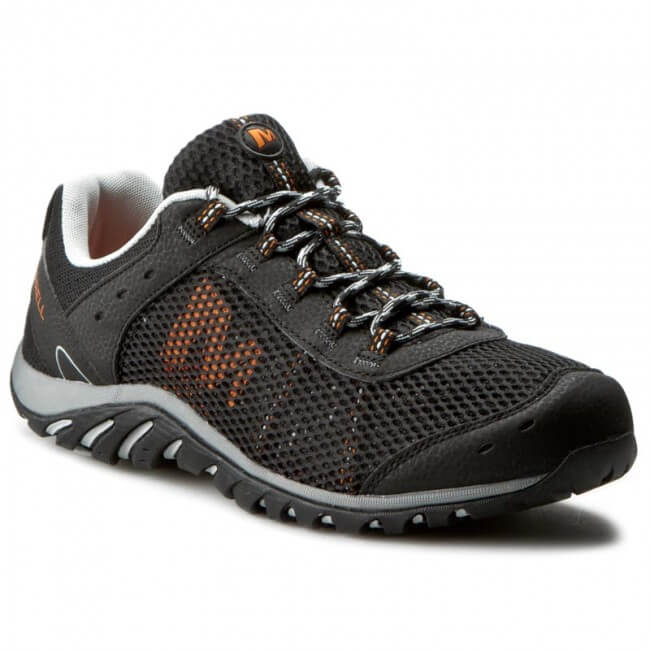
Hiking socks
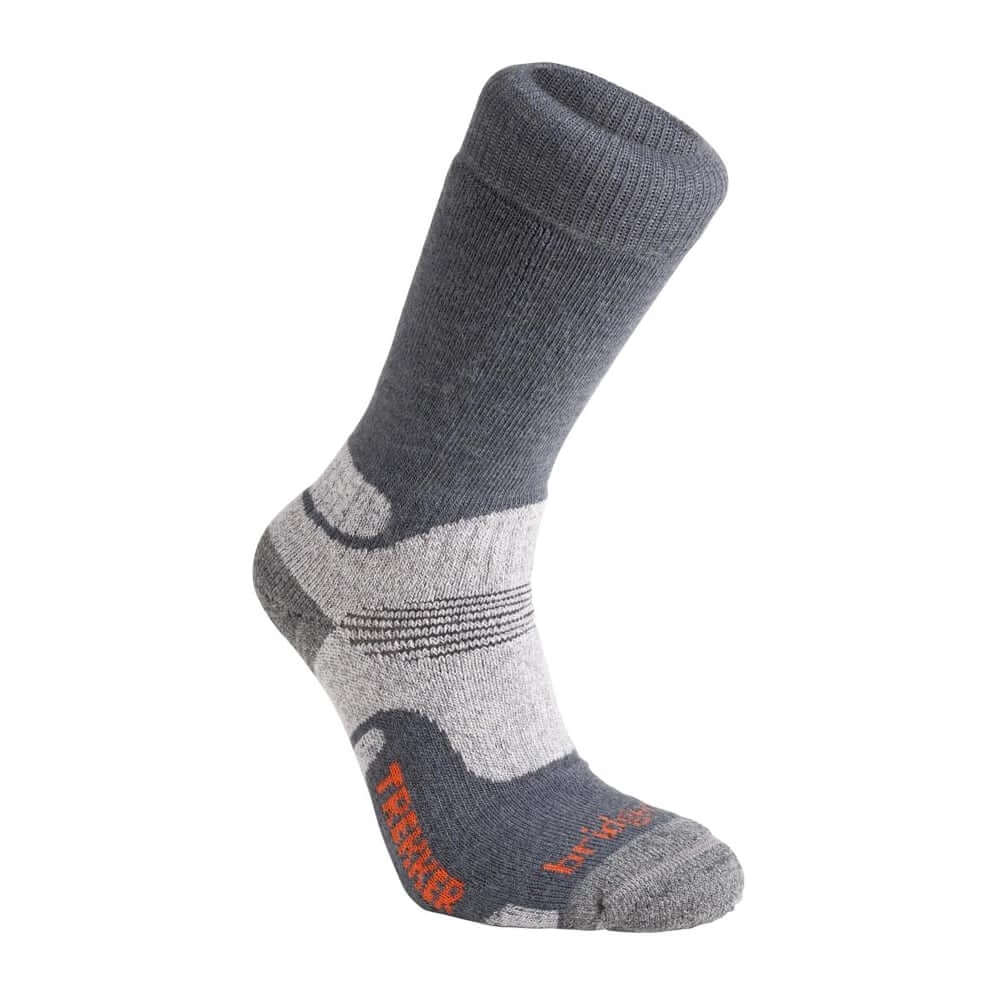
5-6 x pairs of hiking socks and 4 x 5 pairs or high wicking sock liners.
We recommend Coolmax hiking socks as they provide very good breathability and have excellent wicking properties. Smartwool, Bridgedale, and Point 6 also make great socks.
Do not bring cotton socks as these will lead to nasty blisters.
Thermal socks
1 x pairs of thermal socks for the cold hiking days around the upper reaches of the Salkantay Trek.
We recommend Smartwool thermal socks as they are very warm, provide great cushioning for the foot, and have flat seams (bulky seams result in blisters).
Other good brands include Wigwam and Bridgedale.
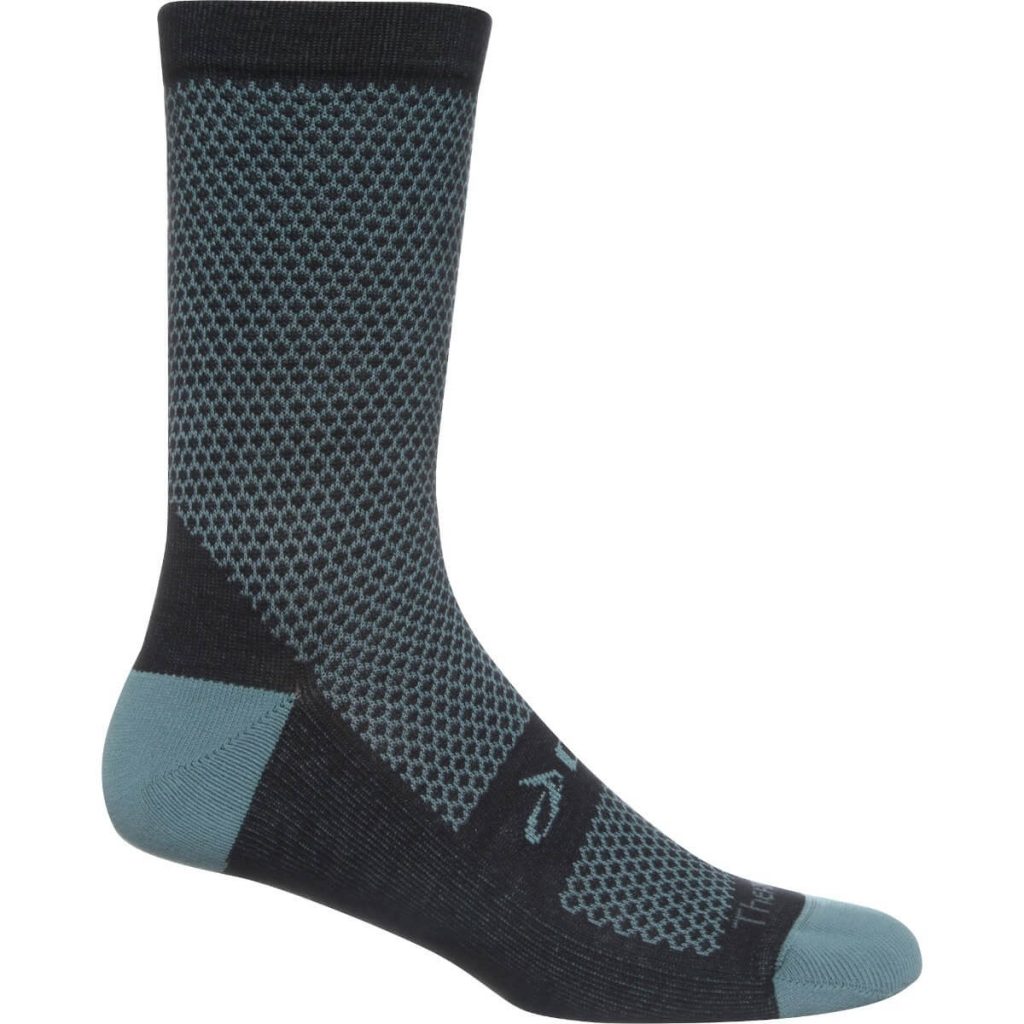
Gaiters
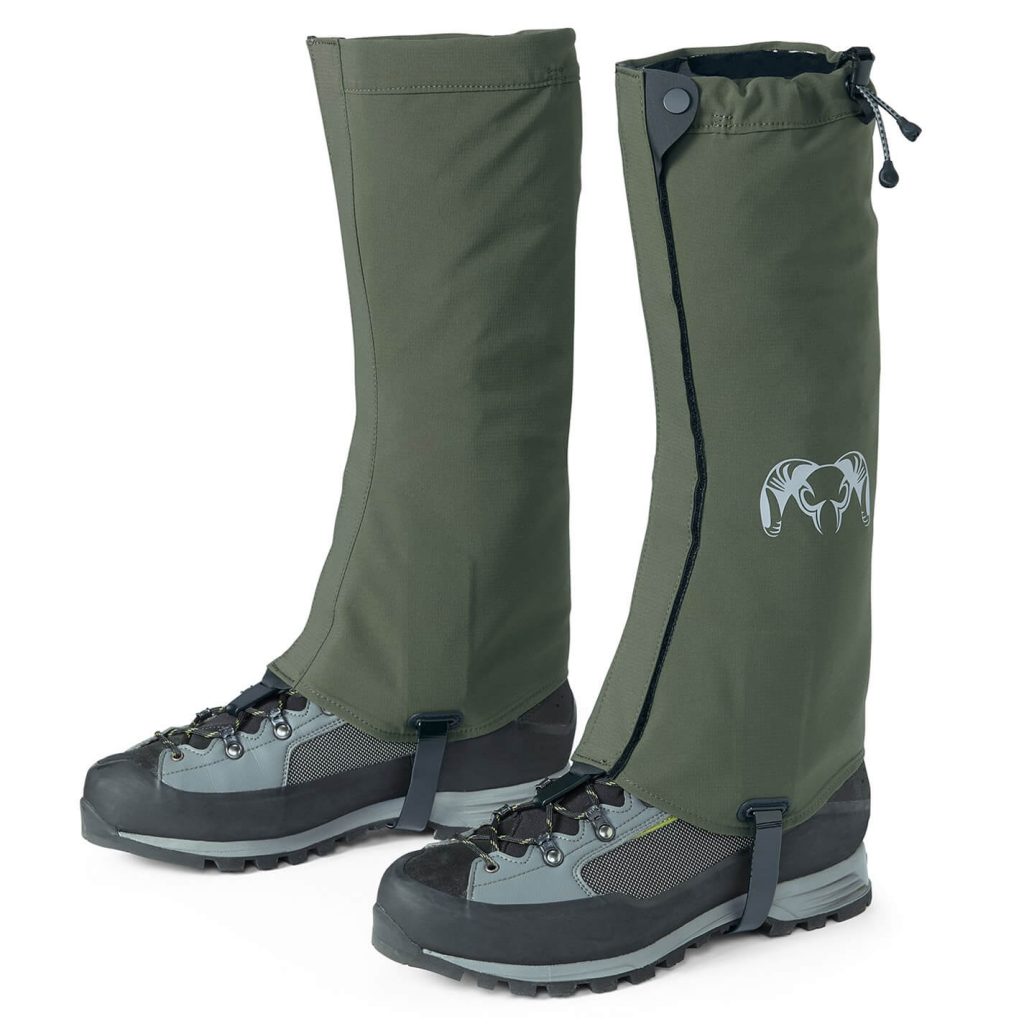
Gaiters are made from waterproof material and extend up from your boot to the top of your calve.
They are used to stop water, dust, mud, snow, ice, and small stones from getting into your hiking boots.
Here are some good gaiters you can check out.
Sleeping bags:
For this walk, light sleeping bags with temperatures of at -10 C (14F) are advised. You may rent sleeping bags with liners and pillows from your local tour operator if you don’t have any.
Trekking poles (with rubber tips):
Bring lightweight adjustable trekking poles for the trip; if you don’t have any, no worries, you can rent them from your local tour operator.
Extra batteries for a flashlight or headlamp:
Headlamps are required during this walk; you can carry a flashlight, but headlamps are preferred because they are hands-free.
Electronics:
Capture the greatest moments using cameras, smartphones, or Go-Pros. Keep in mind that you will be camping in the highlands with no electricity. So bring additional batteries for your cameras and gimbal.
Power bank/portable charger:
As previously said, there are no charging stations when camping or hiking, so bring a decent power bank or additional batteries.
Travel funds:
Bring additional money in Soles and small denominations for souvenirs and gratuities, as well as to purchase anything along the way.
Sunglasses and SPF 30+ sunscreen:
You’ll be trekking in the open air at a high altitude, so bring plenty of sunscreen. Bring sunscreen and lip balms that are water resistant.
First-aid Kit for the Inca Trek
Pills:
Take Diamox, Pepto-Bismol, Imodium, and Ciprofloxacin with you to handle common health conditions that may emerge during the walk. Pack a basic first aid kit including pain remedies (such as ibuprofen or acetaminophen), antihistamines (for allergies), electrolyte rehydration salts (for dehydration), and any personal prescriptions you may require.
Plasters for Blisters:
Blister plasters, also known as blister pads or hydrocolloid dressings, are vital for long-distance hikers to prevent and treat blisters. They cushion the skin, decrease friction, and encourage healing.
Products for women:
Women must take feminine hygiene goods that are comfortable, dependable, and easy to handle on the Inca Trail, such as reusable cloth pads, tampons, personal wipes, and pain treatment.
Afternoon snack:
1 or 2 energy bars per day
Mixture of Trail Mixes
Fruits that are dry
Chocolates
energizing beverage
Jerky Beef
Powdered electrolytes or tablets
Candies
Optional: water purification pills or a water filter
Optional: tea bags or instant coffee
